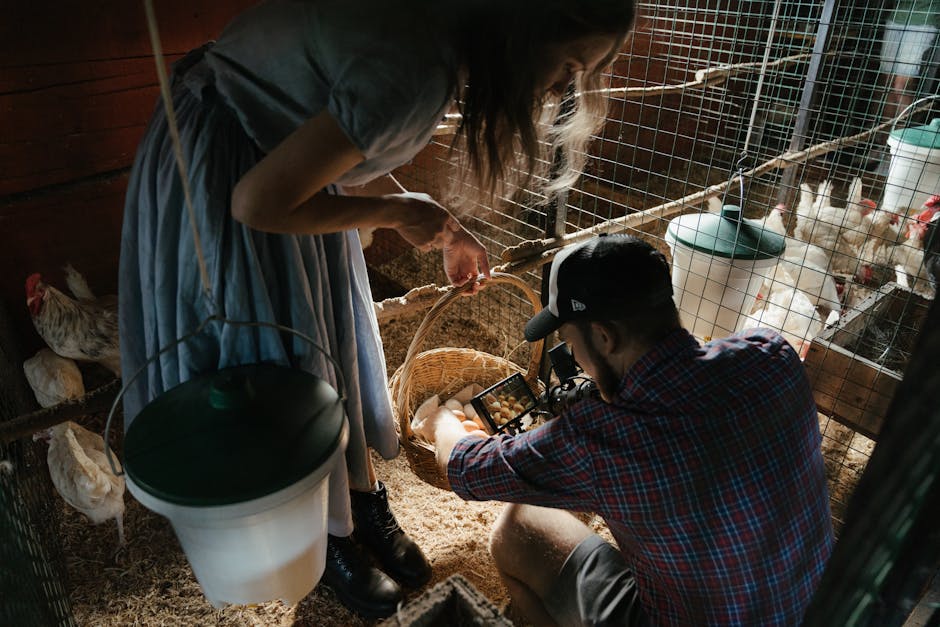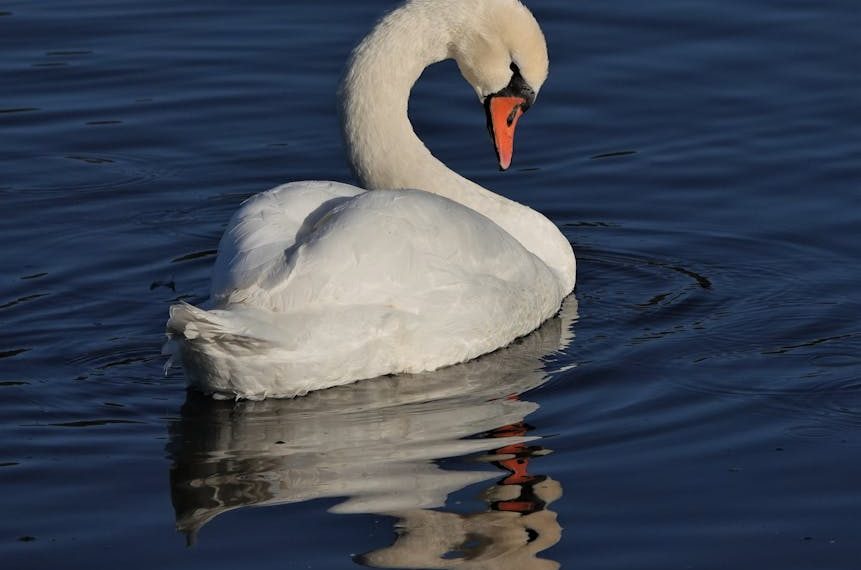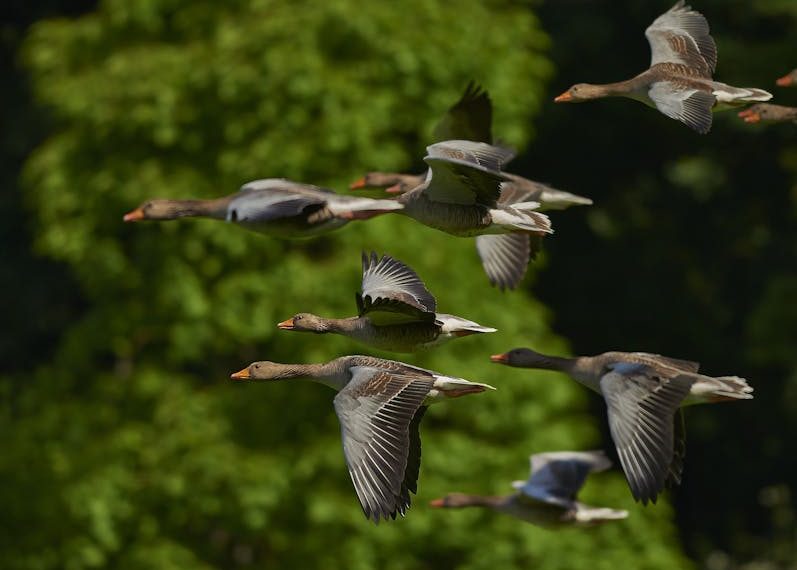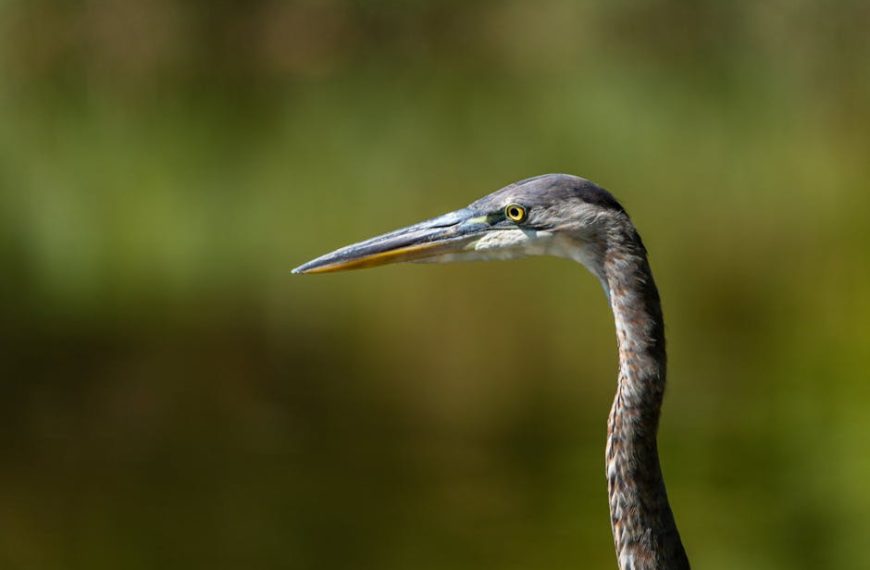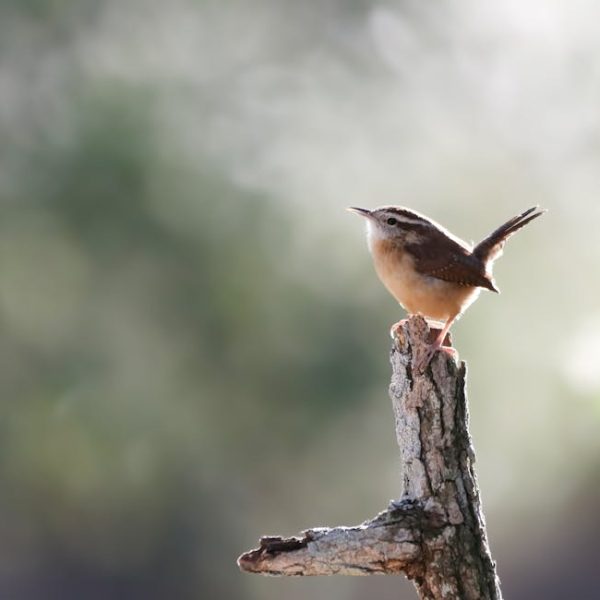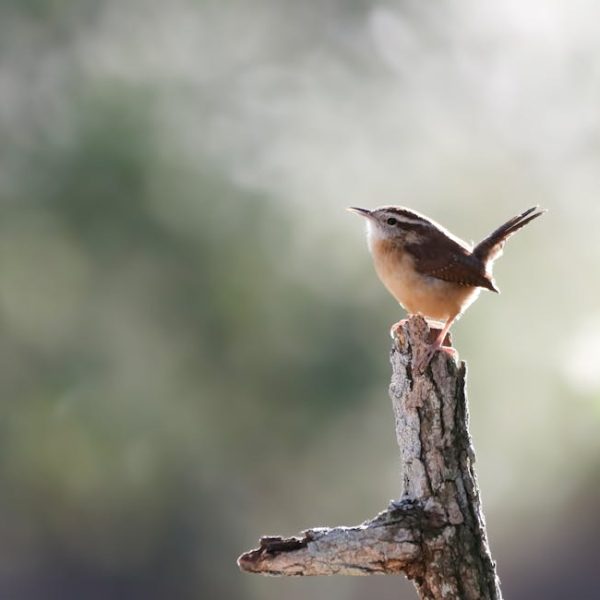Birds can be charming visitors to our property, adding color and melody to our surroundings. However, when they begin nesting on your porch, they can transform from welcome visitors to unwelcome residents, resulting in a mess of bird droppings, feathers, and possibly noise. But don’t worry; there are numerous effective strategies to prevent birds from choosing your porch as their nesting site. This article discusses why birds prefer specific spots for nesting and various methods to deter them from establishing residence on your porch.
Understanding Why Birds Choose Your Porch for Nesting
Birds are practical creatures. When they choose a location for nesting, they assess its safety, the proximity to food and water sources, and the availability of materials for creating their nest. Your porch possibly provides the right combination of these factors, making it an attractive nesting spot for them.
You may be inadvertently making your porch more attractive for bird nesting. Here’s a checklist for identifying possible bird magnets:
- Abundance of trees or shrubs that provide food such as berries
- Bird feeders or pet food bowls on the porch
- Lack of human or predator activity, providing a safe environment
- Small items that can be used for nest building like twigs, leaves, or straw
Making your porch less appealing to birds isn’t about causing them harm but to divert them to more suitable places in the wild. Reduce the availability of food by not leaving pet food out, regularly clean up dead leaves or small twigs that they can use as nest material, and increase human activity around the porch area.
Methods to Deter Birds: Visual Techniques
Visual deterrents are an effective tool to discourage birds from nesting on your porch. They work by intimidating or confusing birds. Reflective objects, predatory bird statues, or deterrent balloons with large, threatening eyes all serve the purpose of scaring off the birds. Even rearranging porch furniture can short-circuit a bird’s sense of familiarity, making it think twice before getting comfortable.
Here are the pros and cons you might want to consider for visual deterrents:
| Pros | Cons | |
|---|---|---|
| Reflective Objects | Effective in scaring birds, inexpensive | Requires often movement, less effective on cloudy days |
| Scary Images | Can deter a wide range of bird species | Can become a decoration piece than a deterrent if not changed regularly |
| Furniture Arrangement | Requires no additional purchases, easy to implement | Effectiveness relies on regular change, can disrupt human usage of porch |
Maximize the effect of visual techniques by constantly changing their position and type. Birds are intelligent creatures and can soon work out that the terrifying object isn’t a real threat if it remains static.
By comprehending why birds are attracted to your porch and using impactful visual deterrents, you can effectively reduce the likelihood of bird nesting, creating a cleaner and quieter porch space.
Methods to Deter Birds: Physical Deterrents
Physical deterrents are another effective approach in preventing bird nesting. These deterrents make it difficult, if not impossible, for a bird to roost or nest on your porch. Bird spikes, nettings, and physical barriers such as wires or strips of plastic are key examples.
Here’s a brief comparison of popular physical deterrents:
| Cost | Ease of Installation | Level of Prevention | |
|---|---|---|---|
| Bird Spikes | Medium | Easy to Moderate | High |
| Nettings | Low | Moderate to Hard | High |
| Physical barriers | Variable | Variable | High |
Pro Tip: While bird spikes might appear harmful, rest assured they simply make the surface uncomfortable for a bird to land on. They do not pose injury to birds. However, always ensure to install them so that they effectively deter birds without posing risk of injury.
Utilising Sound and Taste Deterrents For Bird Prevention
Sound and taste deterrents add another layer of bird prevention strategy. Ultrasonic devices emit high-frequency sounds that are unpleasant to birds but typically inaudible to humans. Taste deterrents like non-toxic sprays give off a bitter taste that birds dislike, discouraging them from nesting on your porch.
When using sound and taste deterrents, consider the following:
- Ideal placement: Position devices high and in locations which birds frequent
- Volume level: Ensure the sound is disruptive enough to deter birds, but isn’t annoying for you, your family, or neighbours
- Spray frequency: Regularly apply taste deterrents, especially after rain or a windy day
Lastly, here’s a checklist for purchasing these deterrents:
- Safe for birds: The device or spray should only deter, not harm, the birds
- Noise level: Ensure that the device isn’t annoyingly loud for household members
- Side effects: Check that sprays or deterrents don’t have negative effects on pets, plants, or people
Hiring Professional Help: When and Why
Despite your best efforts, there are situations where you may need professional help to discourage birds from nesting on your porch. If you notice extensive nesting or if the birds are of a protected species, professional help is the safest and most effective course of action.
Here are some tips for hiring a professional bird control service:
- Check their experience: Ensure they are specialists in bird control
- Look for certifications: Proper certification ensures that they follow ethical and legal practices
- Ask for an inspection: A professional service will offer a free inspection to provide a comprehensive solution
Pro Tip: Make sure that the bird control service you use is cruelty-free and respects local wildlife protection laws. Professional doesn’t mean inhumane, and the best bird control professionals are focused on preventing and discouraging birds rather than causing them harm.
By implementing these measures, your porch can be reclaimed from unwelcome winged residents, ensuring a clean and peaceful environment suitable for your relaxation and enjoyment.
Key Takeaway:
- Birds select nesting locations based on safety, proximity to food and water sources, and availability of nesting materials. Inadvertently, your porch might provide all these, attracting them to nest.
- The use of visual deterrents, like reflective objects or rearranging furniture, can effectively scare away birds.
- Physical deterrents like bird spikes, netting, or barriers can prevent birds from roosting or nesting on your porch.
- Sound and taste deterrents add a further layer of bird prevention strategy.
- In situations of extreme nesting or presence of protected species, it is advisable to enlist professional help.
Your porch can once again be a serene place for relaxation, free from bothersome birds. By understanding what attracts birds and implementing deterrent techniques, you will effectively discourage bird nesting. Remember to be caring towards our feathered friends while deterring them from your property.
FAQs
Q: How to maintain the effectiveness of visual deterrents over time?
A: Regularly changing the position and type of visual deterrents can maintain their effectiveness. Birds are intelligent creatures and can soon realize if a stationary object poses no real threat.
Q: Are bird spikes harmful to birds?
A: No, bird spikes are not harmful. They simply make the surface uncomfortable for birds to land on but do not cause injury.
Q: Can ultrasonic devices be bothersome for household members?
A: Most ultrasonic devices emit high-frequency sounds that are unpleasant to birds but generally inaudible to humans. Ensure you check this feature before purchasing the device.
Q: How often should I apply taste deterrents?
A: The frequency of application depends on the weather, but generally, it is recommended to reapply deterrents after rain or windy days.
Q: What should I look for when hiring professional bird control services?
A: Ensure they have bird control specialization, possess suitable certification, and offer a free inspection to provide a comprehensive solution. Importantly, remember to confirm that their service respects local wildlife protection laws and does not harm the birds.
We invite you to share this informative article with others who may benefit! Explore more posts on our website to enhance your understanding and knowledge.
